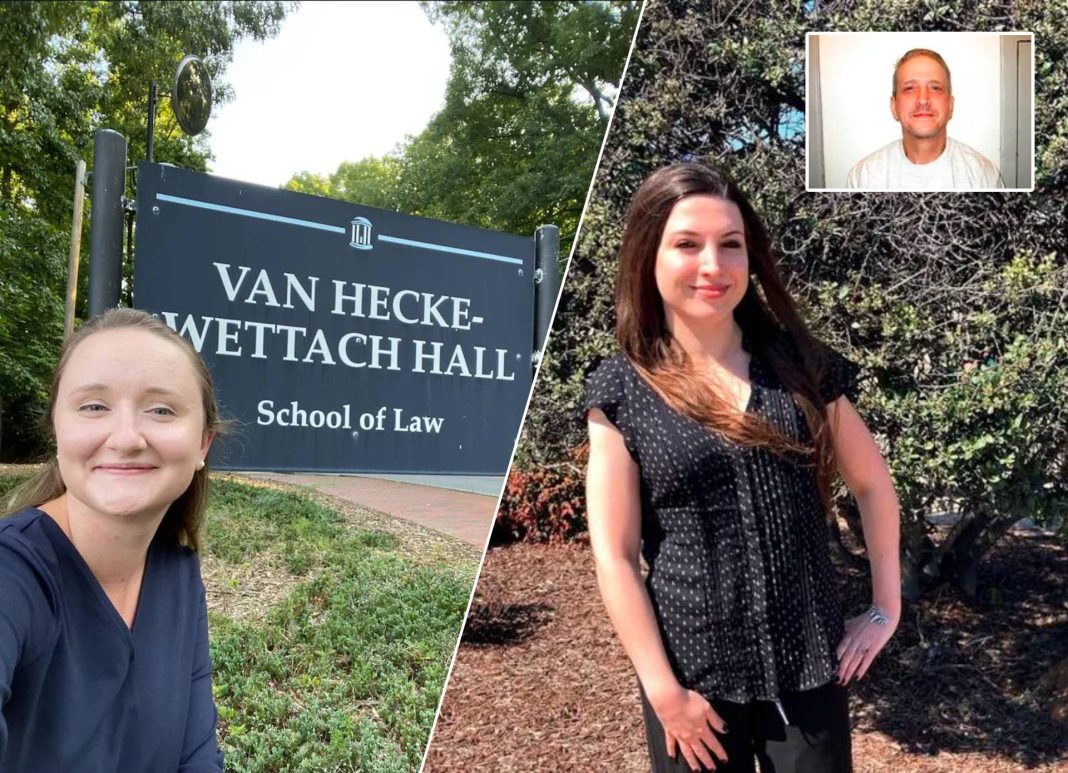A student from the University of North Carolina Law School with a bad case of March Madness put her legal education to work so she could watch the Tar Heels take on the Duke University Blue Devils in the Final Four.
Jess Errico, a first-year student at UNC Law, had a capstone project due the day after the game was scheduled. The project amounted to 65% of her final grade and either needed to be completed earlier than the game or would require an extension from the professor. Errico put her lawyer hat on and came up with a third solution: she filed a motion.
She submitted a motion to extend the project’s deadline by 24 hours and included an addendum for another 24 hours in the event UNC won the game (we all know how that turned out). She pointed out that the course syllabus would allow extensions when “something wild” happened, such as two weeks of snow days, and that the UNC-Duke game was such an occurrence, given that it had never happened before in all the years of the NCAA men’s tournament.
Errico’s professors were extremely receptive to her argument, and after meeting with the associate dean for academic affairs, all eight professors teaching the course voted to grant the request.
“This whole thing has brought a whole lot of happiness to a whole lot of people,” said Rachel Gurvich, one of Errico’s professors. “Our students are learning about advocacy AND they basically just manifested joy out of nothing. Being able to say yes to them has made me smile all day. And now [Errico] is a legend.”
—————————————————————
A 32-year-old paralegal and law student in Oklahoma has married a 59-year-old man on death row. Lest we get the wrong impression about the marriage, Lea Rodger insists there is nothing salacious about her relationship with Richard Glossip.
Rodger is an anti-death-penalty advocate who has spent more than ten years working to end the practice. She added Glossip to a list of inmates that she would send Christmas cards to every year, and the correspondence turned in to phone calls and a deep emotional connection.
Glossip was convicted twice and sentenced to death after the 1997 killing of Barry Van Treese, the owner of the motel where Glossip worked at the time. Glossip allegedly promised to pay another man $10,000 to carry out the killing. Glossip has narrowly avoided execution on multiple occasions, first when his lawyer requested an extension to pursue an innocence claim. When that period expired, Glossip was about to be taken to the execution chamber when the prison officials realized they were given the wrong drug for the execution. That led to a seven-year moratorium on the death penalty in Oklahoma, which only just expired in the fall of 2021. Glossip is currently the lead plaintiff in a federal lawsuit that alleges that Oklahoma’s death penalty is unconstitutional, while another lawyer is attempting to overturn the conviction based on a claim of innocence.
“For Rich, surviving three execution attempts, possibly facing a fourth, the one thing he’s really taken away from that is: Don’t take anything for granted … really live in the moment,” Rodger said in a statement to the Associated Press.

